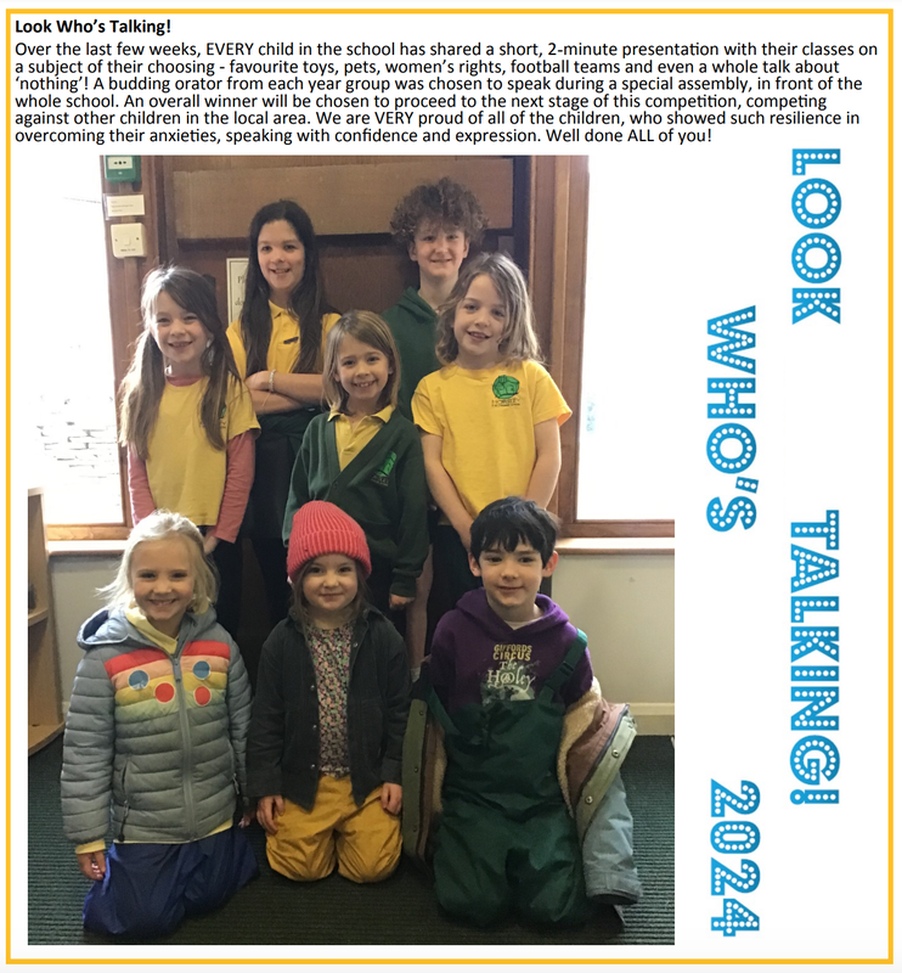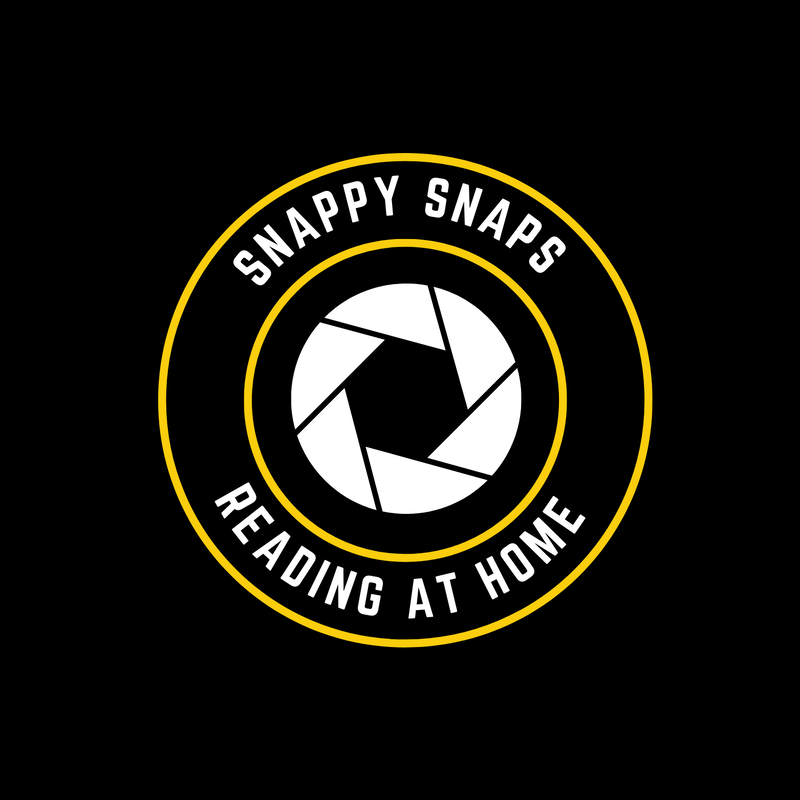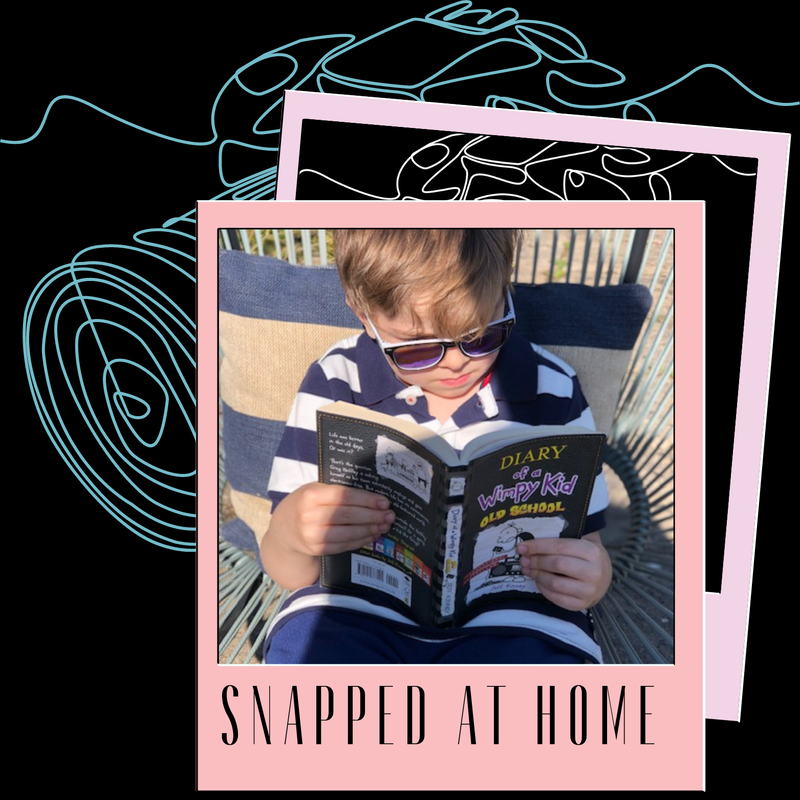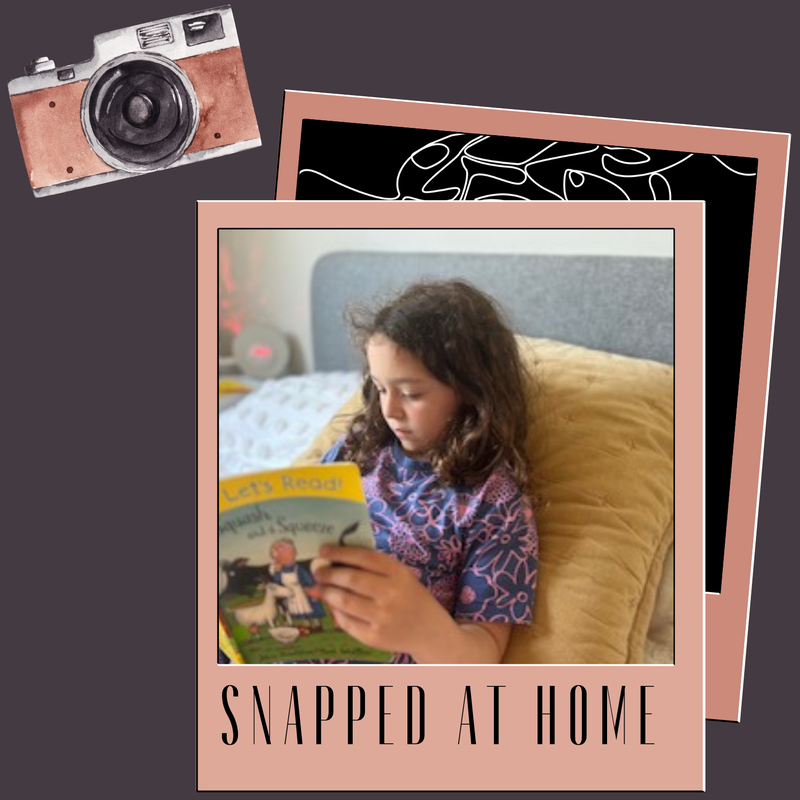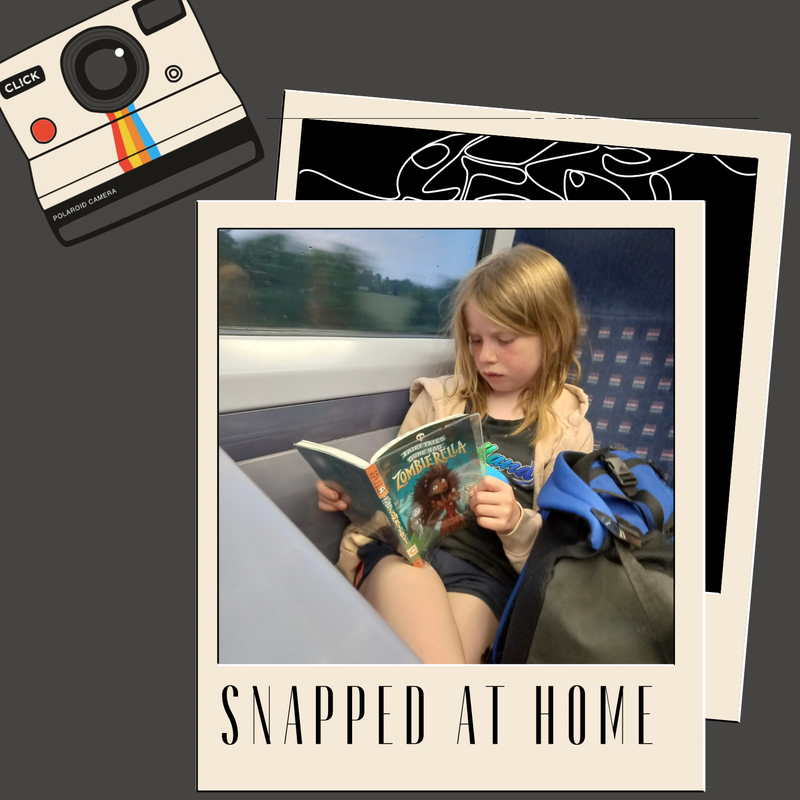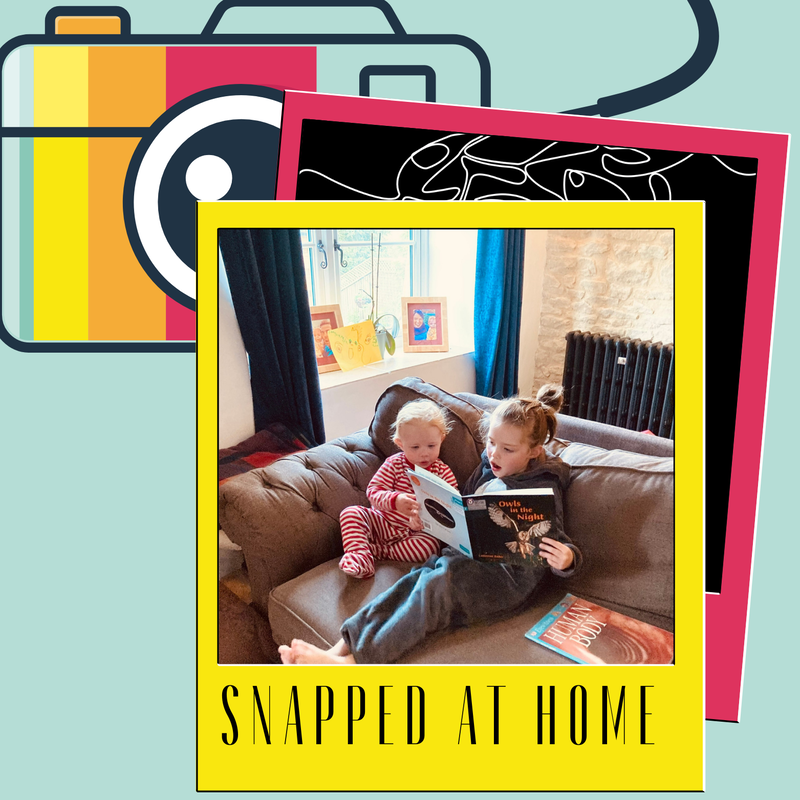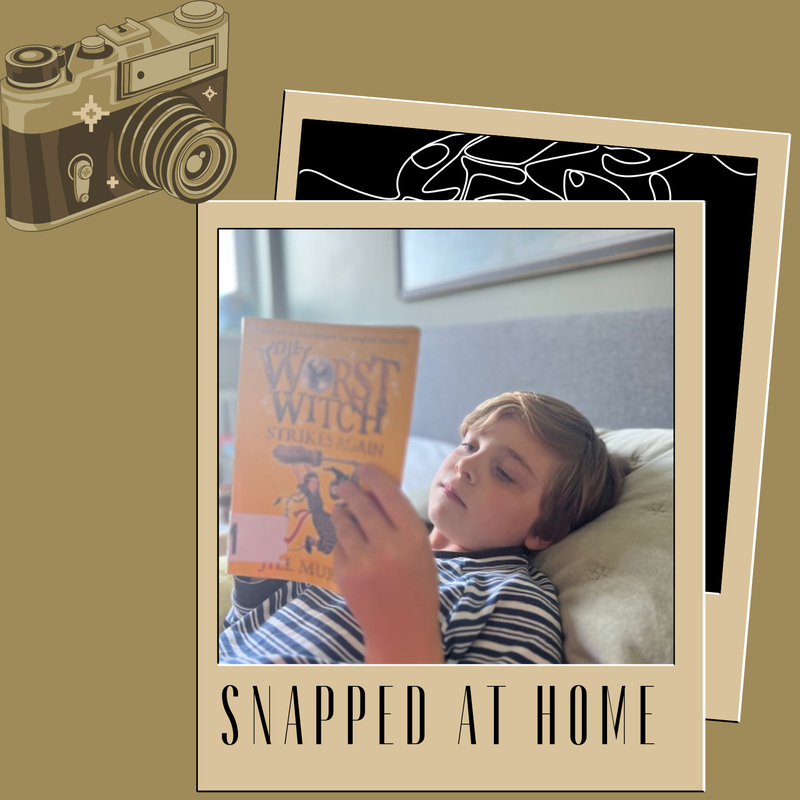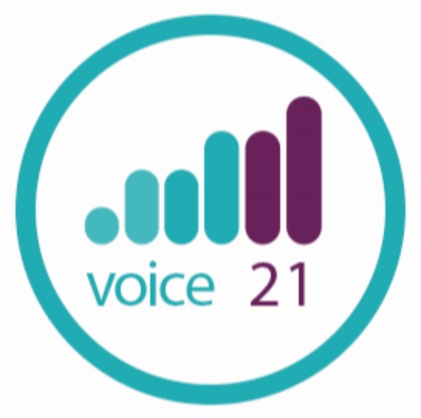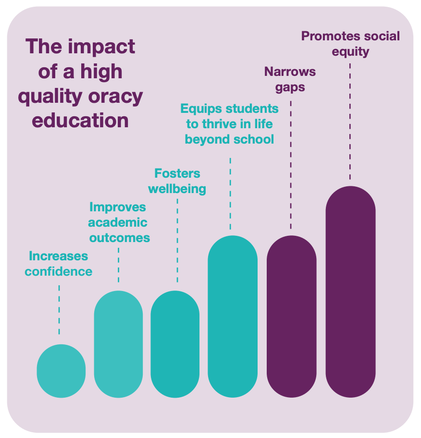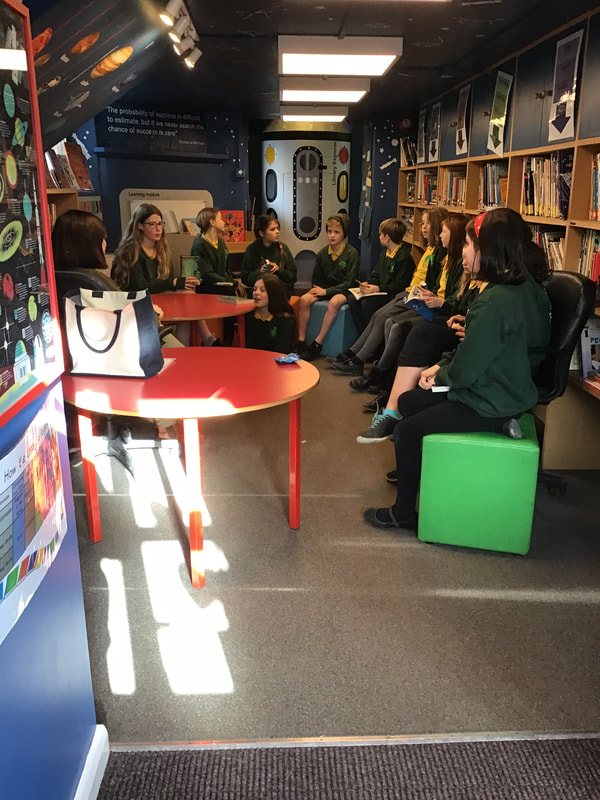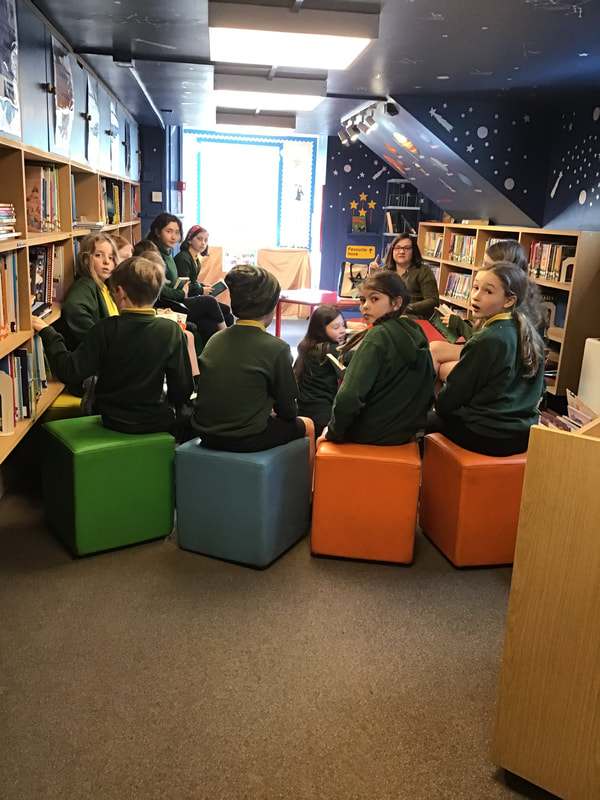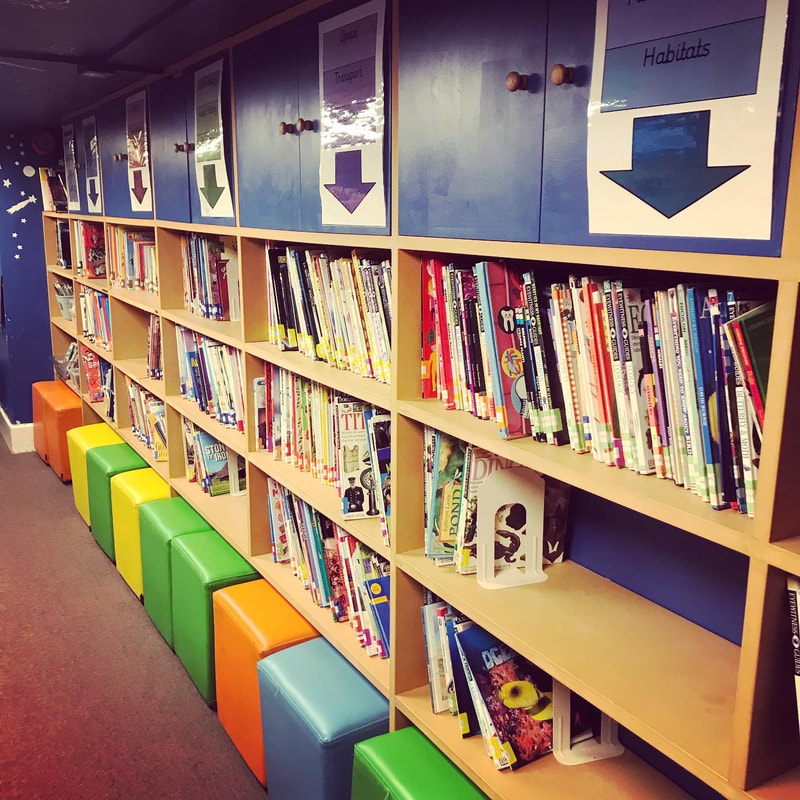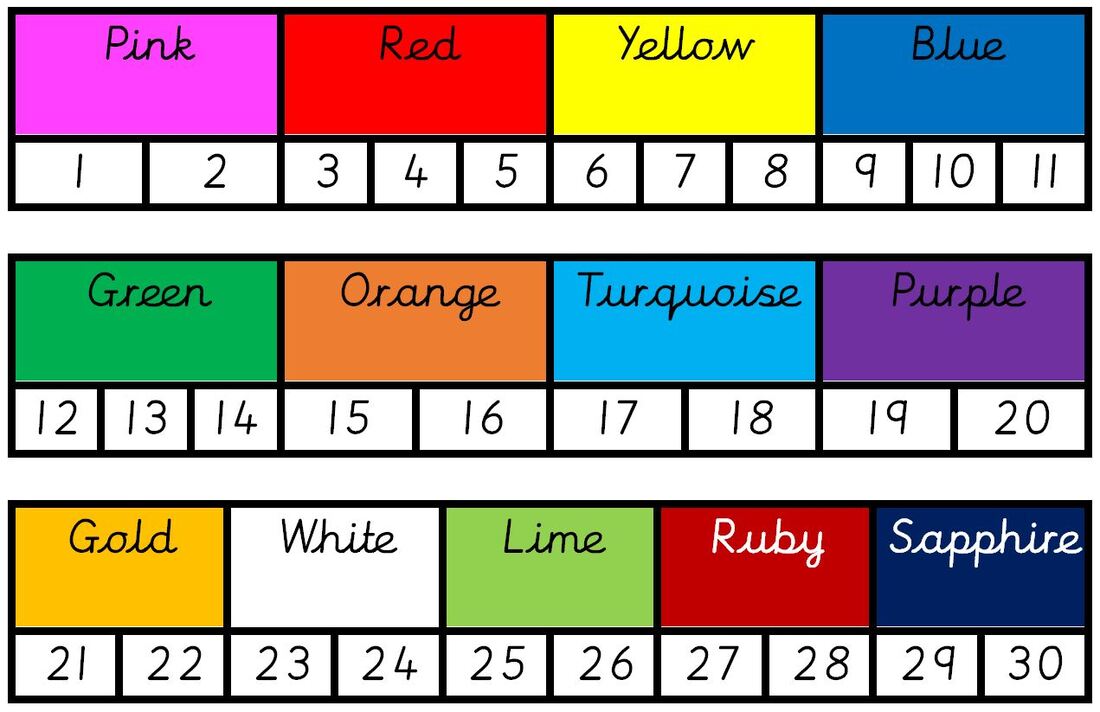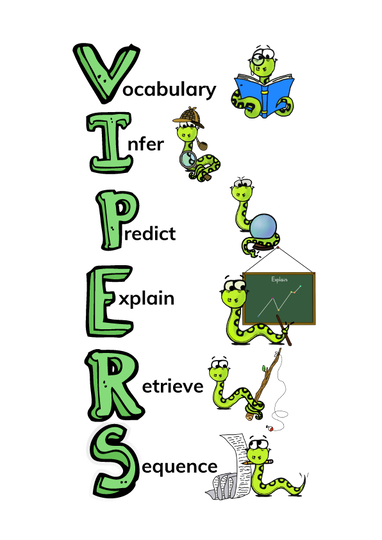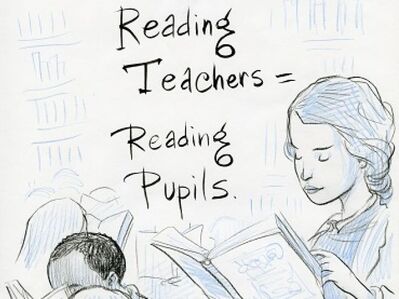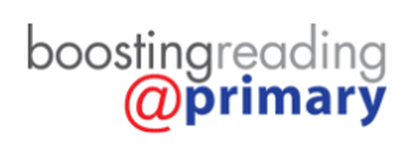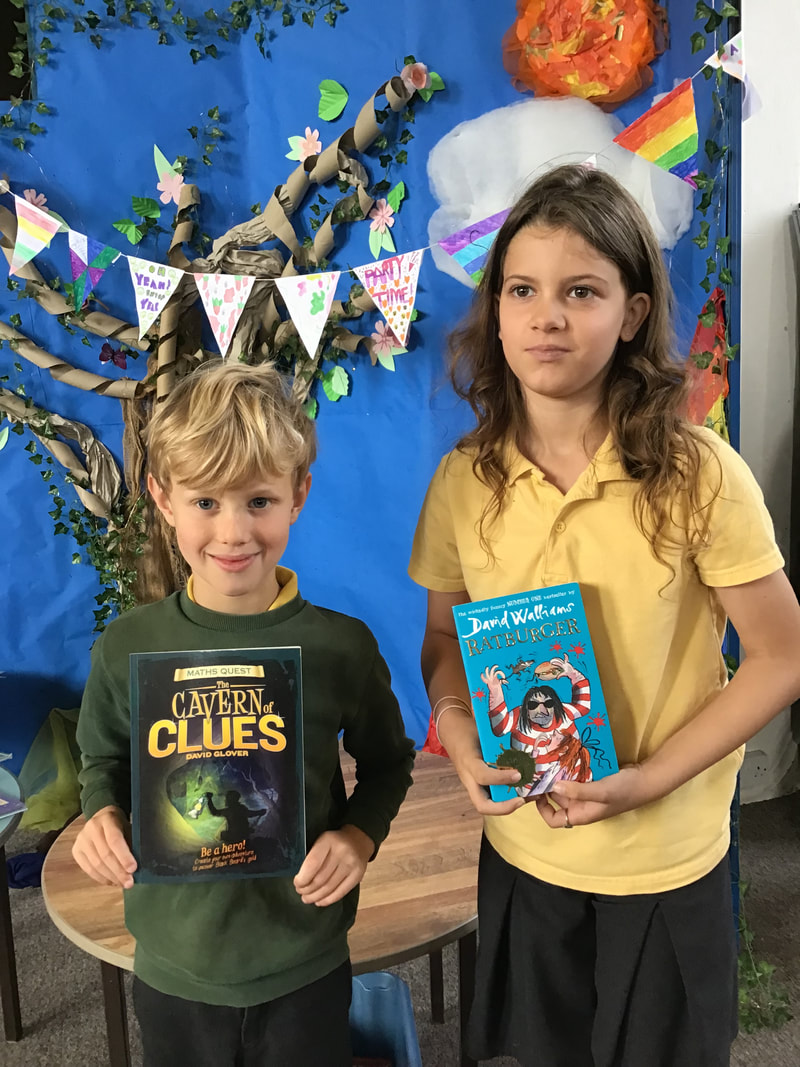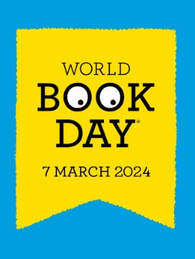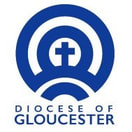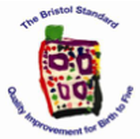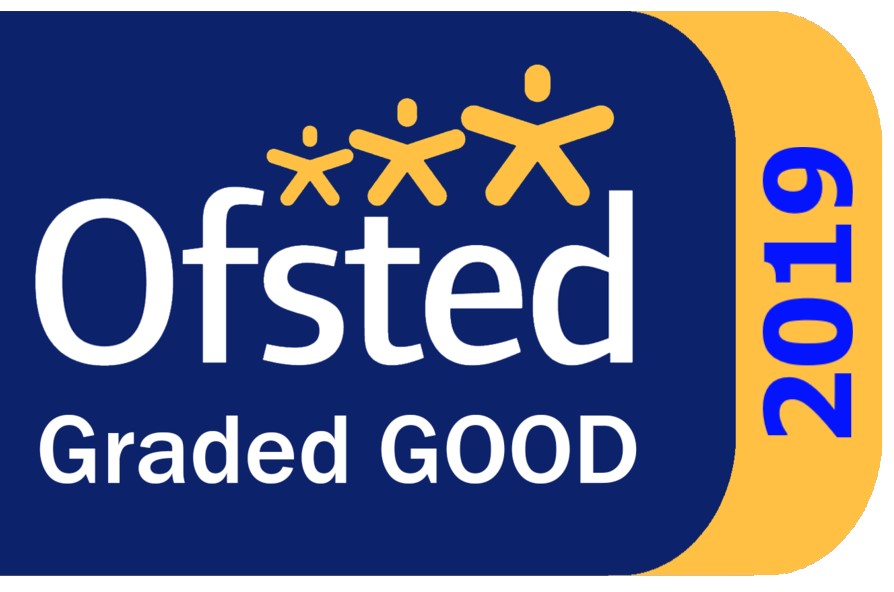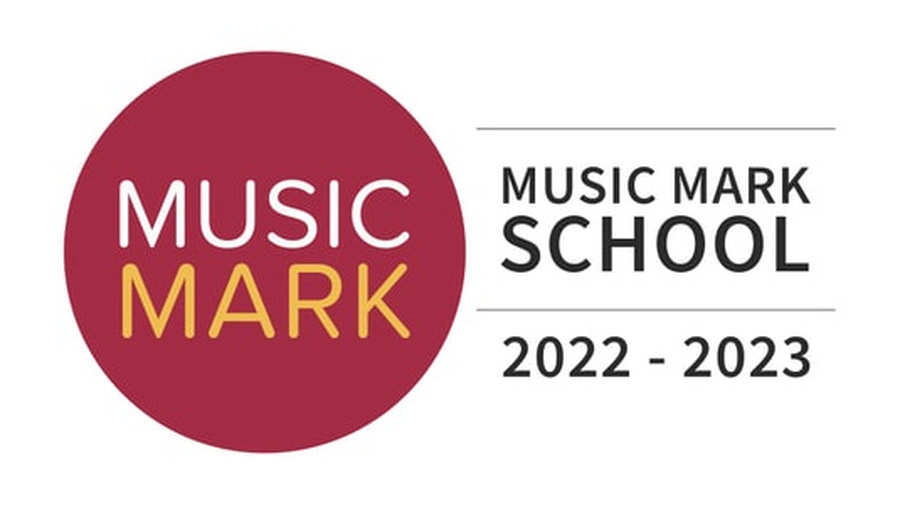Summary of the DfE's Reading Framework Update 2023
Reading at Horsley
We believe that all children should have the opportunity to be fluent, confident readers who are able to comprehend and understand a wide range of both fiction and non-fiction texts. We want them to develop a love of reading, a good knowledge of a range of authors and be able to understand more about the world in which they live, through the knowledge they gain from texts.
‘Reading for pleasure is the single most important indicator of a child’s success.’ (OECD 2002)
At Horsley Primary School we are passionate about reading! Reading is one of the most important skills that children develop at Primary School. It allows them to understand the world around them, access fantastic worlds with engaging characters and exciting adventures and comprehend concepts across the curriculum.
Developing a love of reading across the school is one of our goals at Horsley Primary School. Reading is not something that children should only do in school; it needs to be an everyday part of our lives, something we choose to do at all ages. At Horsley Primary School we want to build a culture of reading for enjoyment that will benefit children in so many ways. We recognise that reading for pleasure will encourage children to succeed both academically and socially.
Research shows that children face challenges in choosing appropriate reading material. Our curriculum and the choices in text we make in school are developed in conjunction with the CLPE. The CLPE is the Centre for Literacy in Primary Education. To help support schools and families they have developed core book lists which contain reading material which not only benefits children's reading development but even more importantly are texts that children love to read. Their website is https://clpe.org.uk/corebooks. This is free and has materials for children 3-11 years old with sections for all including reluctant readers, emerging readers and more able readers.
Developing a love of reading across the school is one of our goals at Horsley Primary School. Reading is not something that children should only do in school; it needs to be an everyday part of our lives, something we choose to do at all ages. At Horsley Primary School we want to build a culture of reading for enjoyment that will benefit children in so many ways. We recognise that reading for pleasure will encourage children to succeed both academically and socially.
Research shows that children face challenges in choosing appropriate reading material. Our curriculum and the choices in text we make in school are developed in conjunction with the CLPE. The CLPE is the Centre for Literacy in Primary Education. To help support schools and families they have developed core book lists which contain reading material which not only benefits children's reading development but even more importantly are texts that children love to read. Their website is https://clpe.org.uk/corebooks. This is free and has materials for children 3-11 years old with sections for all including reluctant readers, emerging readers and more able readers.
“Books enable children to discover new worlds, meet new people and learn about the past, but they also have the power to transform lives. By sparking growing imaginations, stimulating critical thinking and helping to develop empathy, reading gives children the very skills they need to succeed at school, at work and in life.”
Cressida Cowell, author of How to Train Your Dragon
Reading for Pleasure
We encourage the children to read at home every day in a variety of ways. Whether that is sharing a story, listening to an audiobook or reading aloud to a younger member of the family. We ask children to take several books home to read, share and enjoy together as a family!
Look Who's Talking Finalists
Snapped at Home
Learning to read takes lots of practice. Your child will cover the sounds and spellings at school but the time you spend reading with them is worth every minute.
Oracy at Horsley
As well as reading, oracy is a priority at Horsley. In response to the pandemic we noticed children returned with challenges and this included talking. Through CPD and audit we are delivering oracy in every classroom through a high quality oracy education where students learn through talk and to talk. They develop and deepen their subject knowledge and understanding through talk in the classroom, which has been planned, designed, modelled, scaffolded and structured to enable them to learn the skills needed to talk effectively.
KS2 Reading Club
Our School Library
|
Our library is key to promoting a love of learning. As the heart of our school's reading community, it is where children read, listen to a story and choose books to take hime and share with family. It has recently been reorganised by a wonderfully resourceful parents, Mrs Pickering, so that EYFS and KS1 children can find books more easily.
|
PM Levels and Book Band Colours
PM is the largest and most finely levelled reading programme in the UK, with a pedagogically sound, proven approach to making every child a successful, balanced reader. The PM collection contains over 1000 carefully levelled fiction and non-fiction texts, organised by series strand and by colour band.
|
The PM Benchmark Kit measures a student's: instructional reading level, ability to read for meaning, ability to integrate meaning with structural and visual cues, use of self-monitoring systems, knowledge of print conventions, rate of learning, level of independence. At Horsley, we use to accurately assess children's current level and to measure progress.
|
VIPERS Reciprocal Reading
|
VIPERS is an acronym to aid the recall of the 6 reading domains as part of the UK’s reading curriculum. They are the key areas which we feel children need to know and understand in order to improve their comprehension of texts.
VIPERS stands for: Vocabulary Inference Prediction Explanation Retrieval Sequence or Summarise The 6 domains focus on the comprehension aspect of reading and not the mechanics: decoding, fluency, prosody etc. As such, VIPERS is not a reading scheme but rather a method of ensuring that teachers ask, and students are familiar with, a range of questions. They allow the teacher to track the type of questions asked and the children’s responses to these which allows for targeted questioning afterwards. |
Reading Teachers = Reading Pupils
Read with Me
|
Volunteers from Read with Me hear our children read twice a week for 10-15 minutes – we provide one to one time. This creates discussion which in turn improves social and communication skills and builds confidence. This confidence is vital. We help give those children the building blocks of self-belief.
|
Boosting Reading at Primary
|
This intervention is for pupils who can read, but need a little extra work on fluency, story voice and pace. The main aim is to develop independent reading and comprehension skills. It aims enable children to be independent problem solvers who read with understanding and enjoyment.
BR@P is a 10-week intervention programme delivered one-to-one, by a trained adult three times a week. Each session lasts 15 minutes and includes:
|
'In It to Win It' - Spelling Competition
Six Elements - One Reading Superpower
|
The evidence base shows there are 6 building elements which support a child to read for pleasure
|
